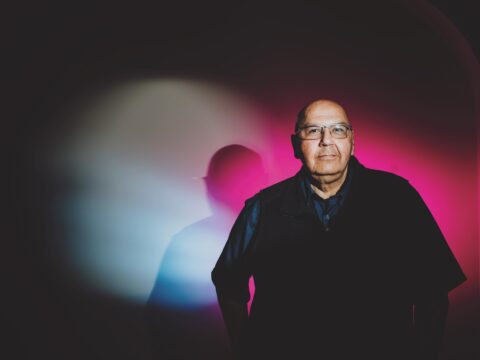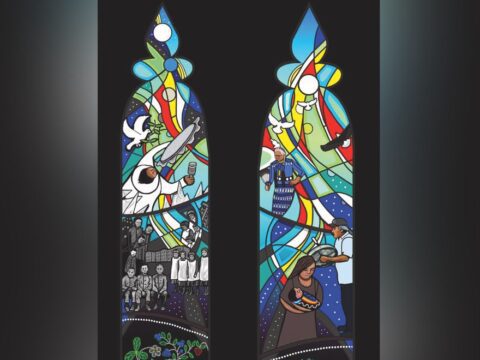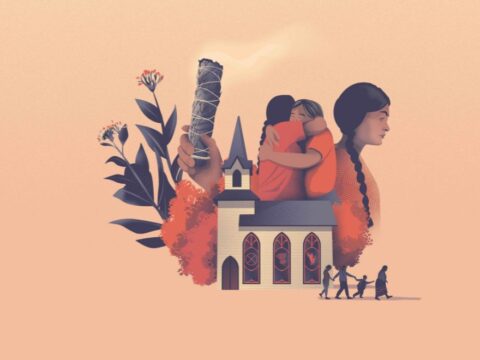When Eunice Machuhi first arrived in Ottawa from Kenya in 2018, she went in search of a church she could join. As a newcomer, she knew that finding a church came with much more than religious benefits — it provided access to a community that would ease her transition to Canada.
“Most [immigrants] look for churches as the first place for solace, for comfort, for guidance, socialization [and to] find a community to build networks,” she says.
You may unsubscribe from any of our newsletters at any time.
Historically, this has also been the story of the Black church in Canada. “These churches that are introduced into Canada vary based on the waves of migration,” says Natasha Henry-Dixon, assistant professor of African Canadian history at Toronto’s York University and the president of the Ontario Black History Society. Some of the earliest congregants of Black churches in Canada were Black Loyalists (including enslaved people) who arrived in the Maritimes in the early 1780s.
The recent Statistics Canada data shows a national decline in religious affiliation, and Black churches aren’t exempt, notes Henry-Dixon. But what they offer their congregants reflects how multifaceted they are and why they are valued by their members. “The church is still an important place of worship for Black people and [the] community in terms of fostering a sense of belonging,” she says.
The census figures reveal the diversity of the 1.5 million Black people in Canada, with the Black population reporting more than 300 different ethnic or cultural origins. The results also show the diversity of Black religious affiliation. While 18 percent of Black people in Canada are Catholic and eight percent are Pentecostal, 26 percent identify as Christian but don’t name a denomination. Another 12 percent are Muslim.
For many Black Canadians, the church has evolved from a physical place of refuge to a holistic community centre. That’s why, for some Black newcomers, choosing a religious home isn’t simply based on denomination. It’s about finding a place where they can feel fully themselves. In 2018, the Angus Reid Institute reported that roughly half of Canadians who were born elsewhere said they received material support from faith-based communities in Canada, such as help finding a job or learning a language. And close to 65 percent said they relied on those connections after arriving here.
More on the latest census numbers:
- Why ore Indigenous people are leaving Christianity
- Religions on the rise: Islam, Hinduism and Sikhism are thriving in Canada
- Why over a third of Canadians now claim to have no religion
Once Machuhi came to Canada, it took her more than a year to find a church that was a good match. When she discovered her current congregation — a Presbyterian church in Ottawa with a welcoming atmosphere — she felt the connection she had been wanting. It came in handy, particularly after Machuhi graduated from a master’s program in sociology and started searching for a job during the pandemic. “When I was job-hunting,” she says, “the church really, really came through for me. Not in terms of finances or anything, but just even the comfort and the prayers.”
Although Machuhi’s current church isn’t predominantly Black, she says it’s working hard to encourage young Black members to join its fold. This kind of accessibility will be key for other newcomers who are seeking a church home in Canada. “They’re looking for a place of worship where they feel comfortable, where they feel welcome,” says Machuhi. “[A] place where you can reach out to your reverend or your pastor anytime.”
In the coming years, immigration will continue to drive population growth in Canada, with the country set to welcome almost 1.5 million newcomers through 2025. Machuhi says that for the Black church in Canada to thrive, it must keep immigration in mind. “It’s the immigrant community that keeps the church alive in Canada. That’s a fact,” she says.
***
Ashley Okwuosa is a writer and journalist in Toronto.
This story first appeared in Broadview’s June 2023 issue with the title “Cultural Anchors.”













